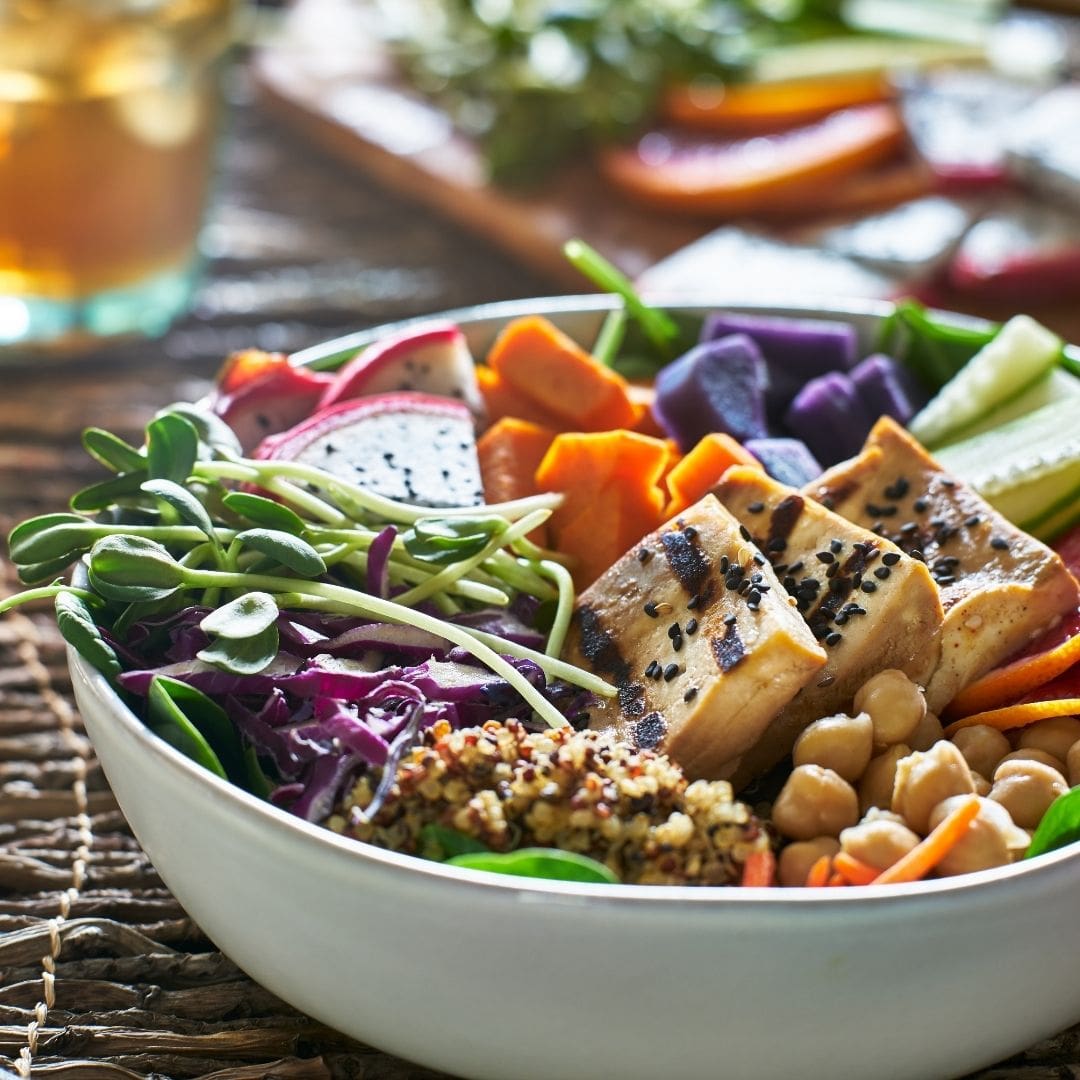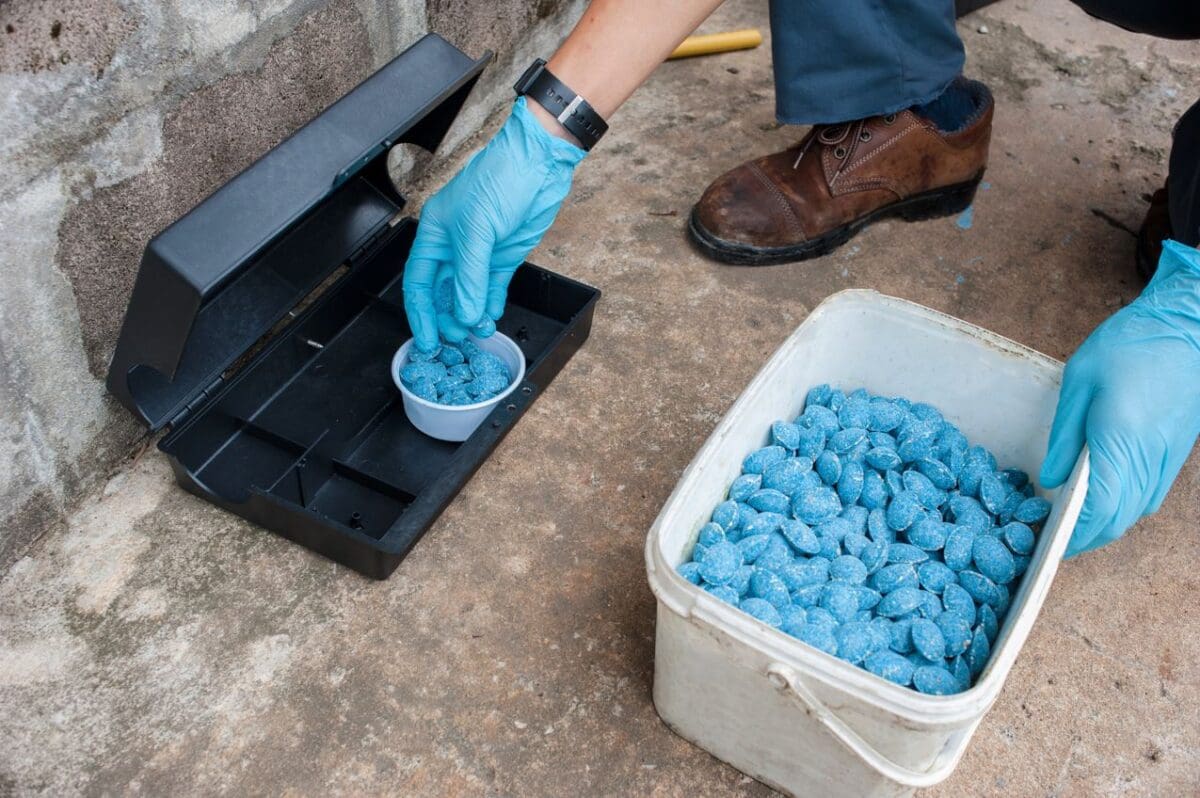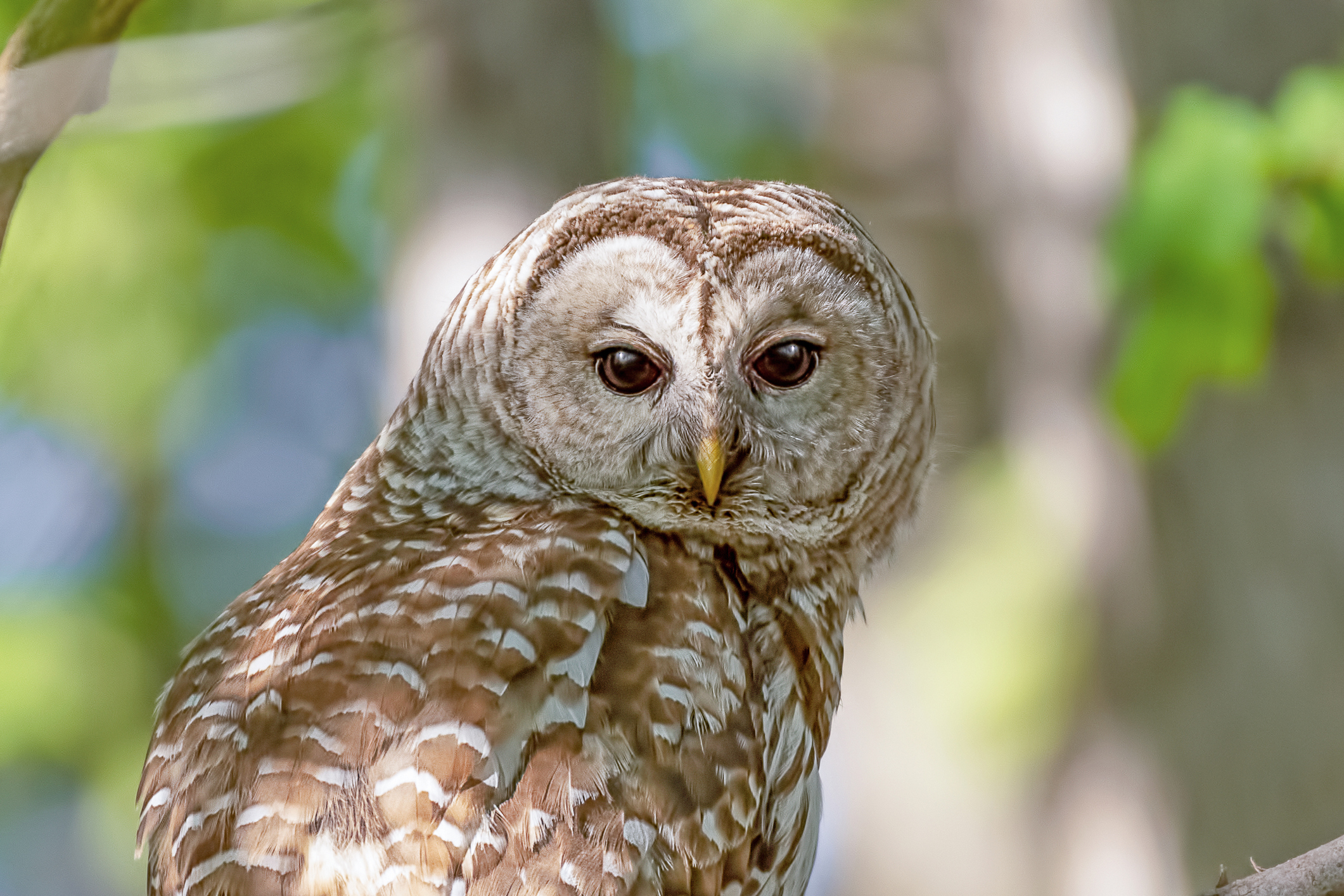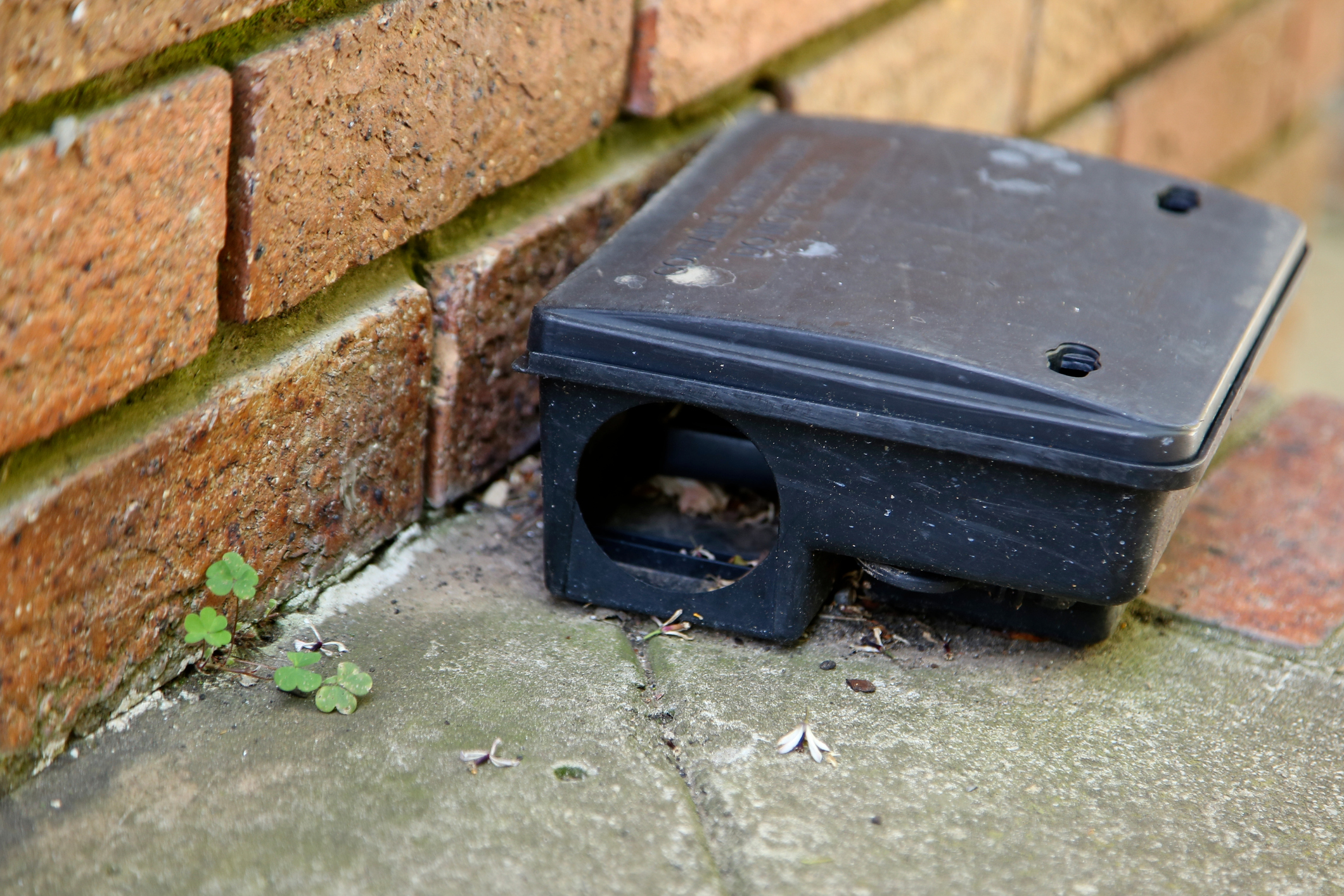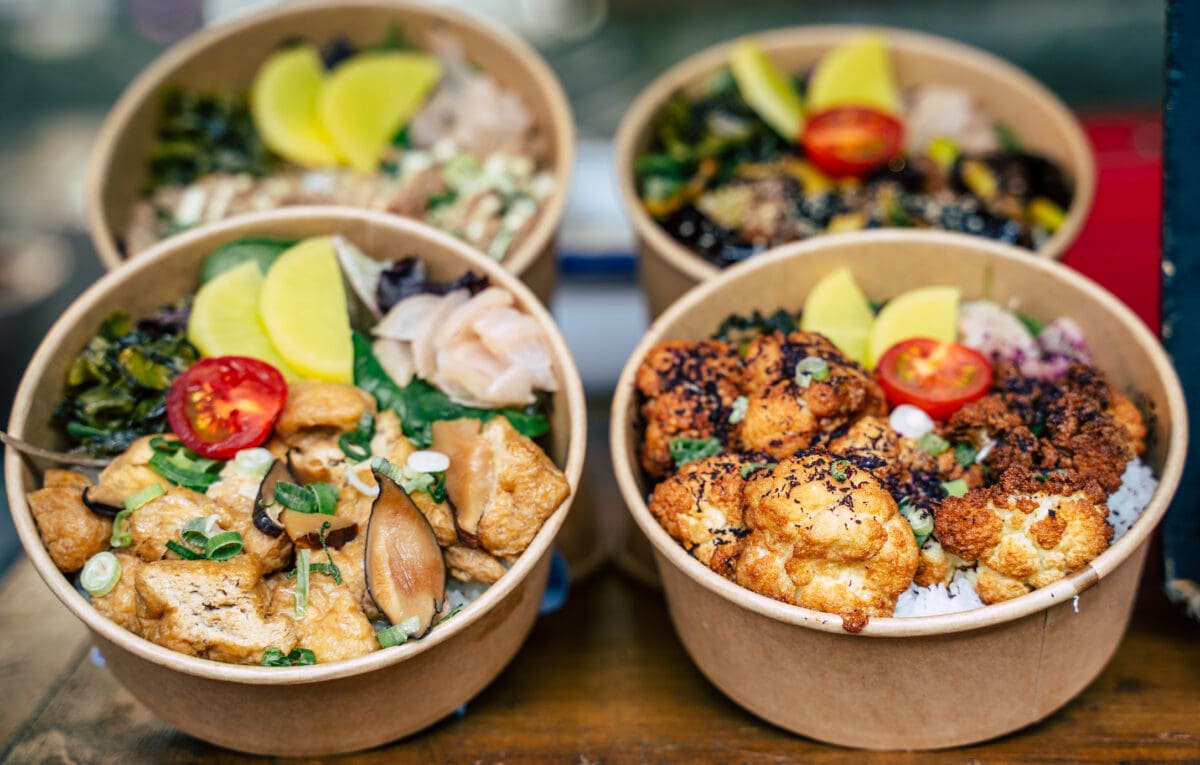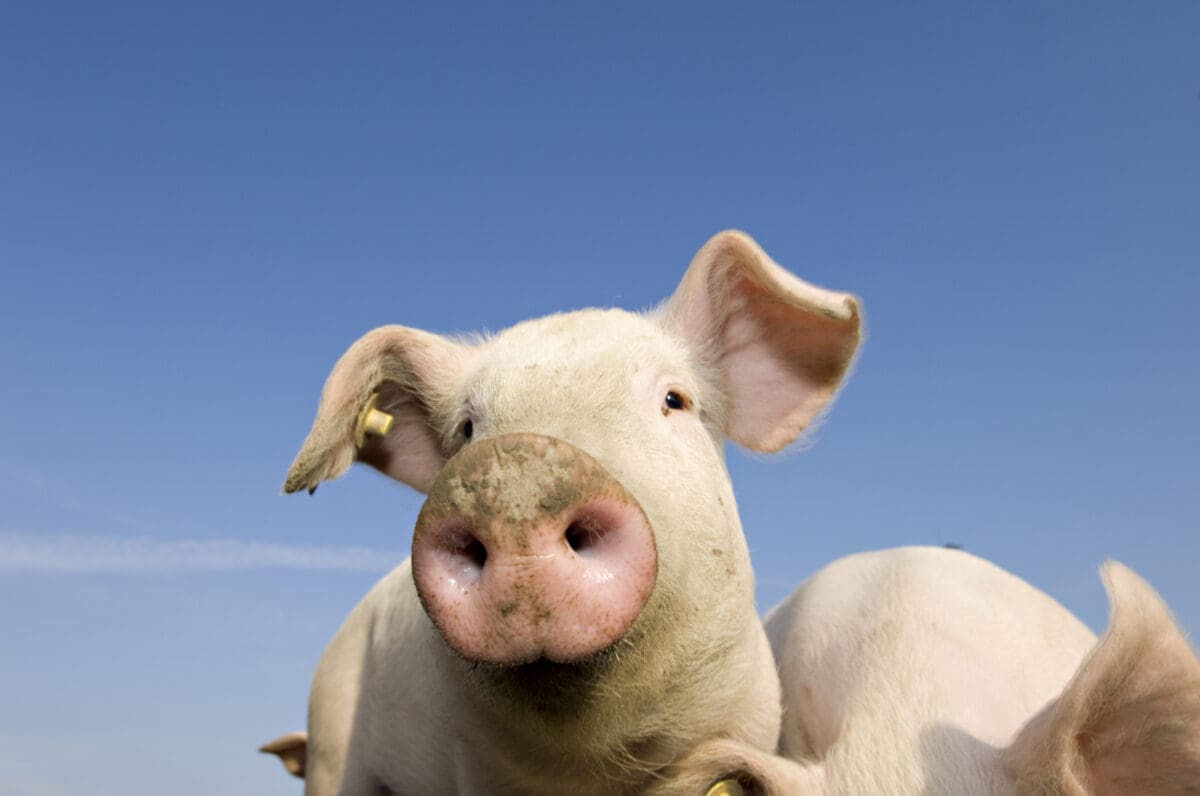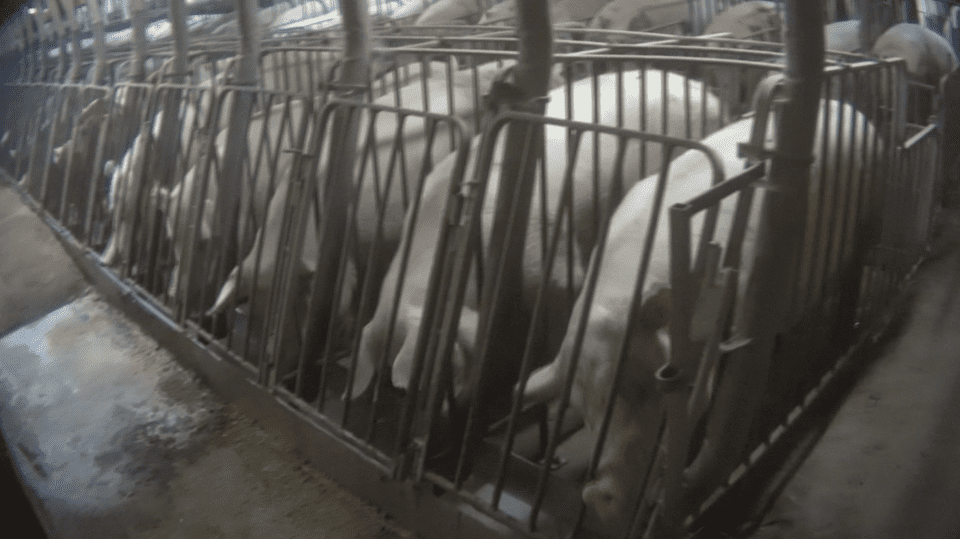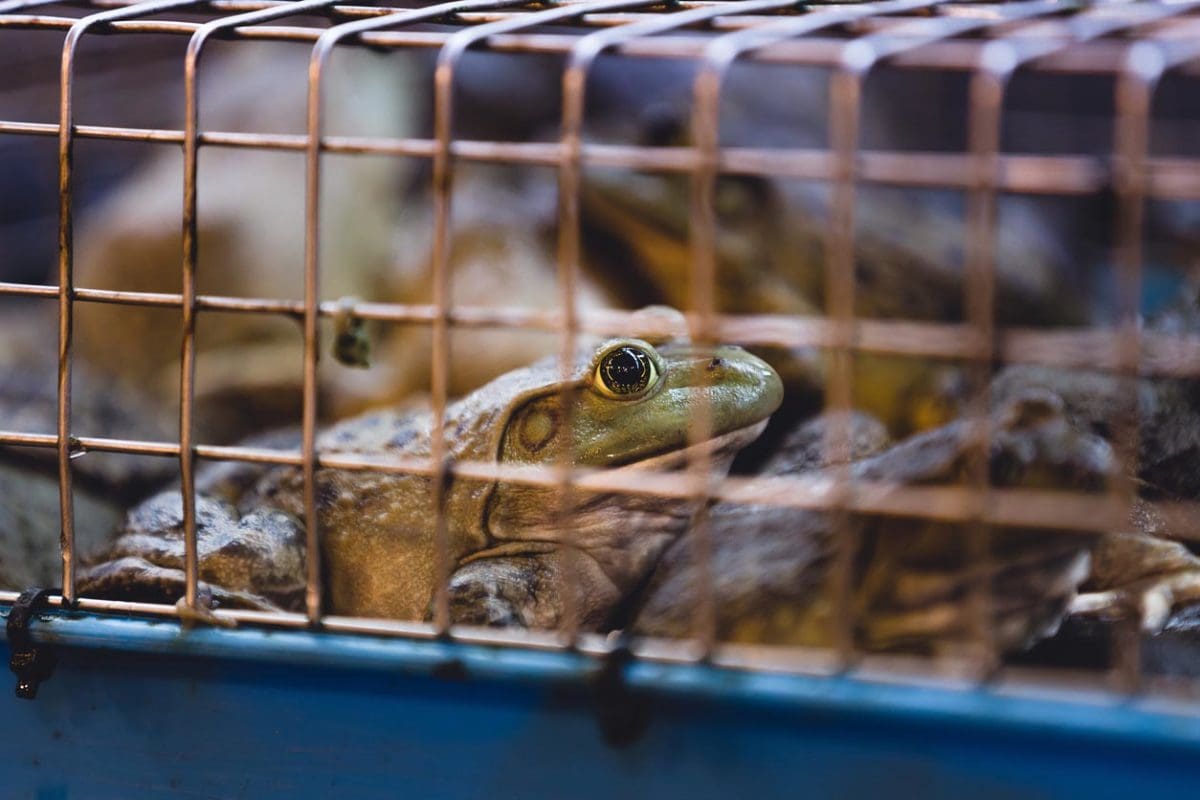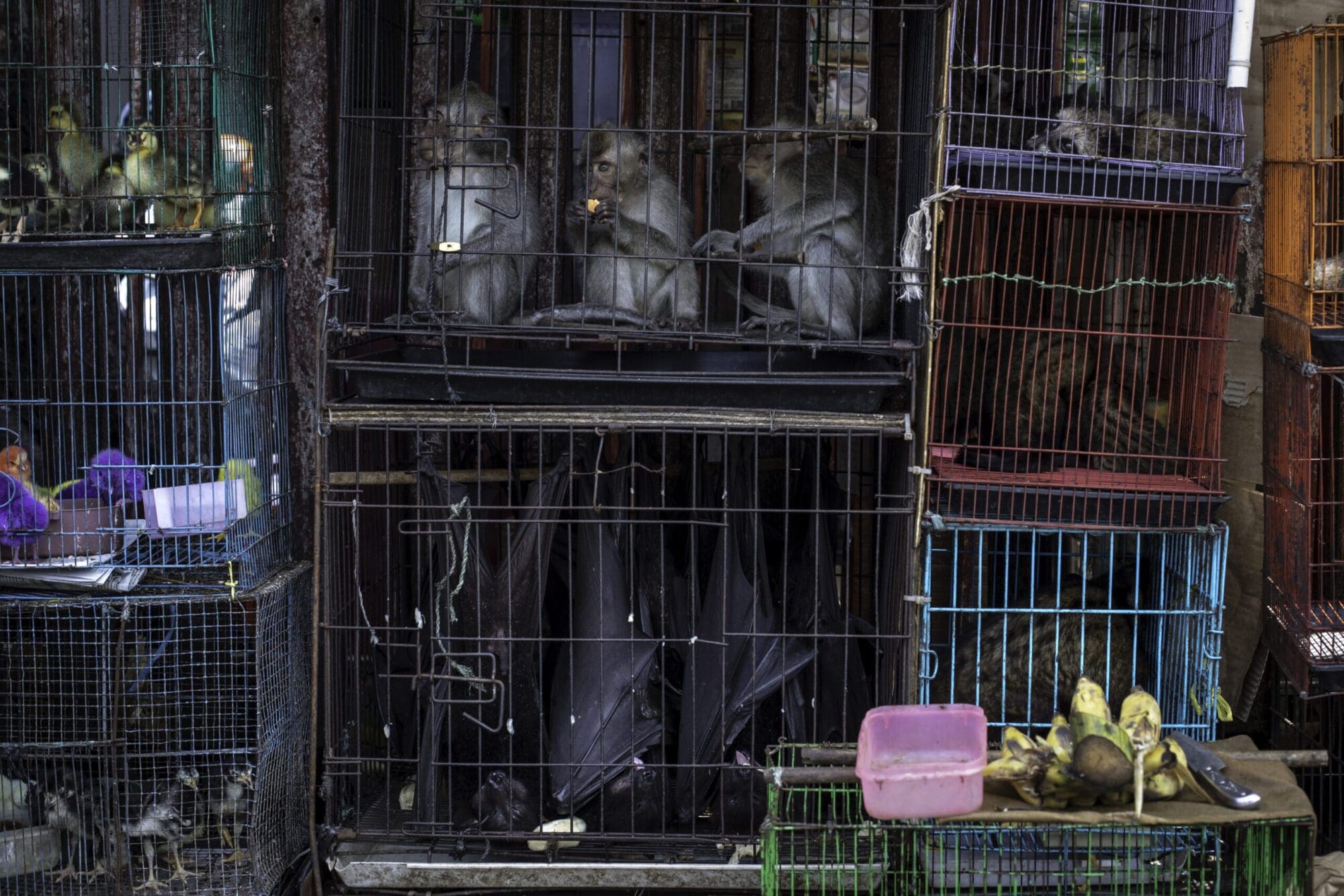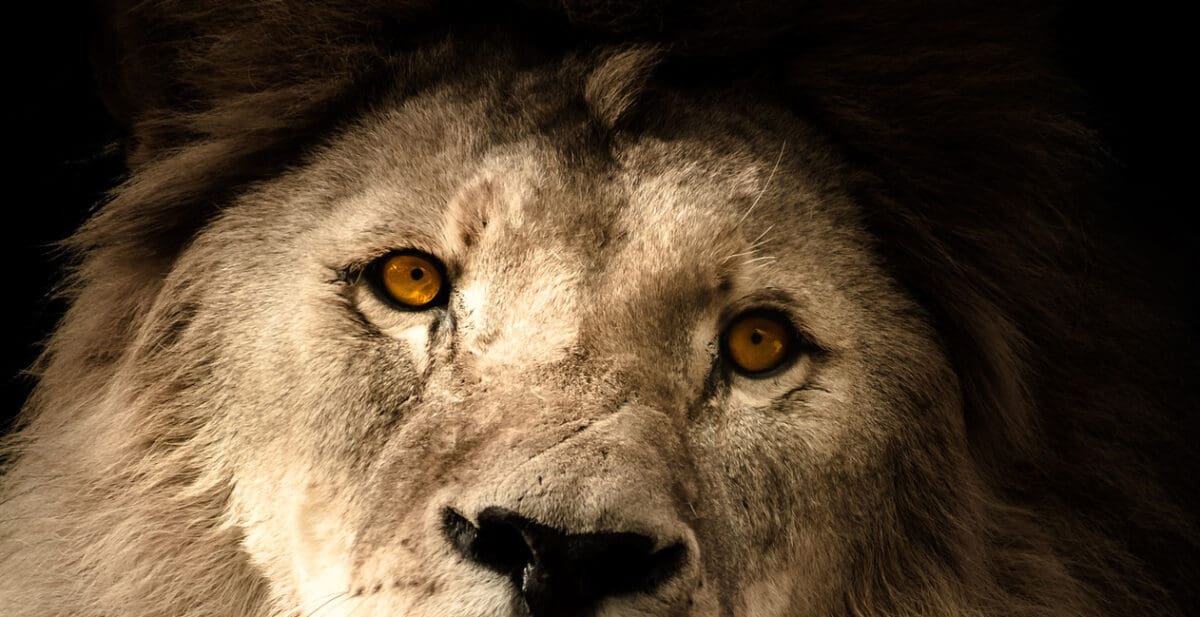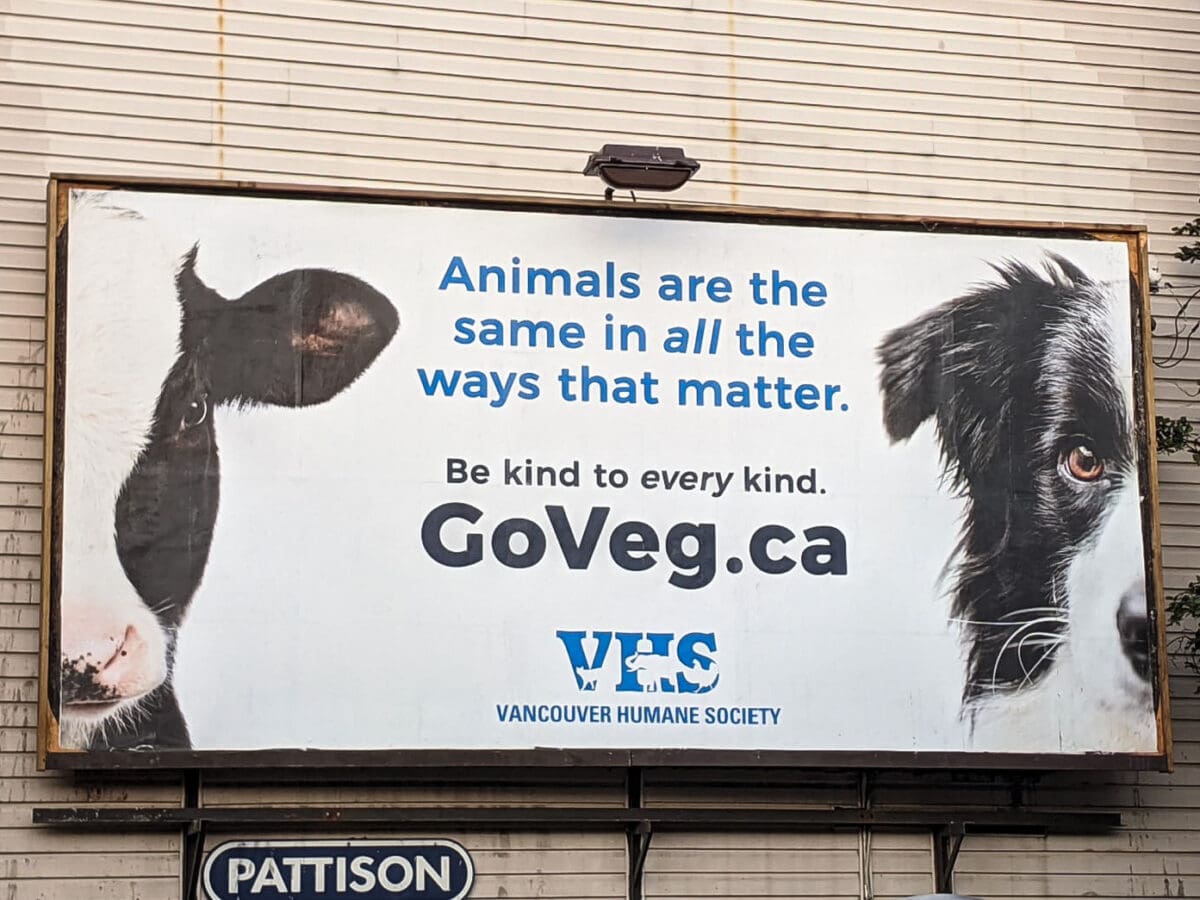Article originally published on Daily Hive.
There are few good things to come out of COVID-19 but the cancellation of the Calgary Stampede’s chuckwagon races is one of them.
For the second year in a row, the event has been called off because of the pandemic, sparing horses from the annual death trap that has killed more than 70 horses since 1986. Six horses died in the race in 2019, the last time it was run.
However, the Stampede’s rodeo is going ahead, leaving calves, steers, bulls and horses subject to the abusive treatment its supporters call a “sport.”
One of the most controversial events is calf roping. The rodeo industry changed the name to “tie-down roping” – a public relations move designed to make the event seem more ethically palatable. And no wonder. Chasing three-month-old animals across an arena, roping them by the neck to a sudden halt and throwing them to the ground before tying them up can’t be easy to market as family entertainment.
Yet, even though polling shows 59 per cent of Canadians are opposed to rodeos, the industry has maintained a big enough fan base to keep going. It does so by perpetuating myths about rodeo heritage and tradition, selling events like calf roping as examples of genuine ranch practice. In fact, rodeo calf roping is a perversion of what happens on ranches. Real calf roping is done as gently as possible, as the whole point is to avoid injury and stress to the animal. The rodeo version is done under time pressure, with big prize money for the competitor who ropes and ties the calf in the fastest time.
Anyone looking at close-up photos of rodeo calves being roped can see that they are terrified and stressed, with tongues protruding and eyes bulging. While it seems obvious that chasing, roping and tying animals up would cause them stress, rodeo promoters have relied on a lack of scientific proof to maintain the pretense that the calves don’t suffer. That may be about to change.
Two studies out of Australia (where rodeo is popular) provide evidence to support the common-sense argument that calf roping is inhumane. One study found increased levels of the stress hormone cortisol in calves after they had been roped, concluding that “the roping event in rodeos is stressful.” The second study had veterinarians and cattle-handling experts examine images of calves before and after being roped during a rodeo event. The results were clear: “These findings indicate that calves in roping events experience several negative emotions, which raise serious concerns as to the continuation of these events on welfare grounds.”
Sadly, such research is lacking on other events such as steer wrestling and bull riding, yet any objective observer would find the suffering they cause self-evident. Steer wrestlers literally twist the animal’s neck until he is forced to the ground. Steers have had their necks broken in the event. It’s preposterous to suggest such treatment doesn’t cause pain and suffering.
In bull riding, the bull has an unwanted rider on his back, spurs raking his sides and a “flank strap” tied around his hindquarters – all causing the bull to buck wildly. He wouldn’t do so otherwise. Does anyone seriously believe the bull doesn’t find this stressful?
Do we really need scientific studies to prove these events are cruel? If someone tried to introduce dog roping as a sport would we wait for the science to prove that it would be inhumane? No, any decent human being would oppose such obvious cruelty without hesitation. Are rodeo animals not as deserving of our objective reason and compassion?
The Calgary Stampede needs to recognise that using animals for entertainment is becoming socially unacceptable. Ringling Bros. Circus (“The Greatest Show on Earth”) closed down in 2017; the display of captive whales and dolphins has been banned; a majority of Canadians already oppose rodeos. Will the Stampede (“The Greatest Outdoor Show on Earth”) face reality, end its dependence on exploiting animals, and start providing entertainment that all Canadians can enjoy and be proud of? If not, it will likely suffer the same fate as Ringling Bros. – a once celebrated cultural icon reduced to a shameful relic of the past.

